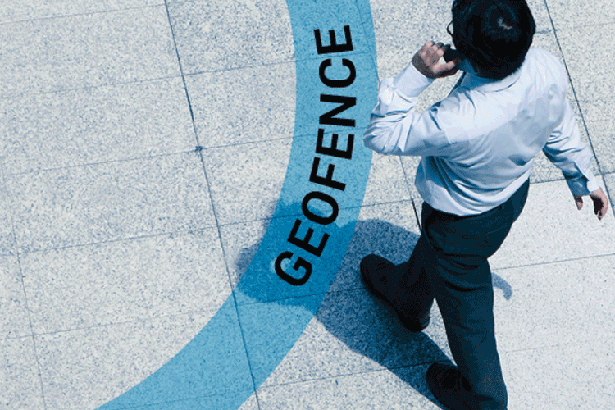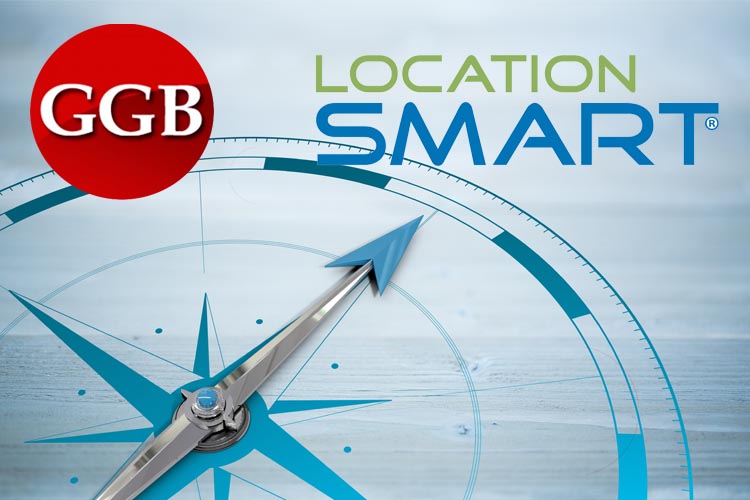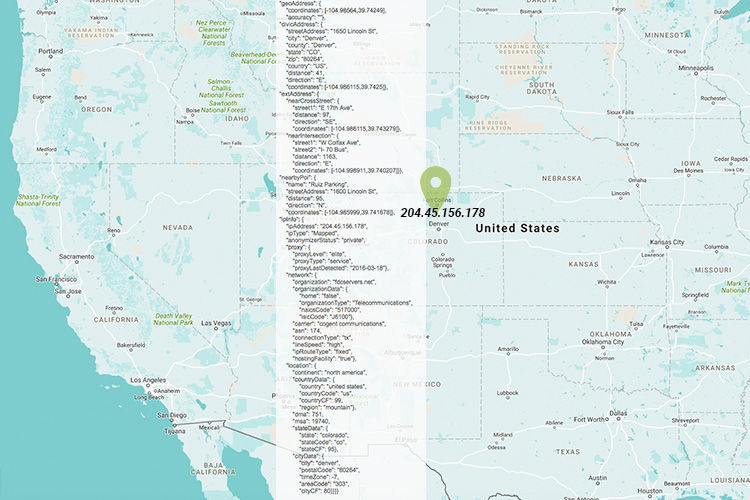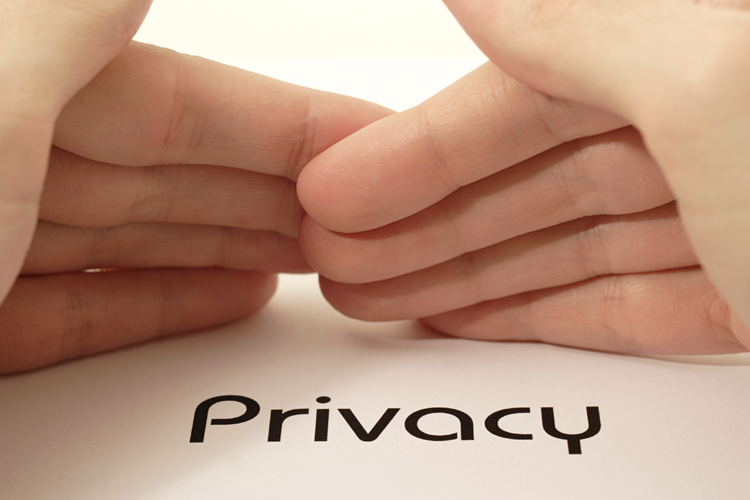Read this article by Carla Levi on TechShout.com.
COVID-19 has had a massive impact on the entire world. No industry has been left untouched. Restaurants and entertainment venues have struggled while essential retail services find it a challenge to keep inventory and keep shoppers safe. Some industries have turned entirely to remote work and off-site functions in order to stay afloat while keeping person to person contact at a minimum.
Nowhere have these things had a bigger impact than on gaming, resort and sporting venues worldwide. For some of these services, particularly those in the gaming sector, there are options available for moving to virtual operations.
One of the issues within the online gambling and lottery industries has been how to verify a user’s location, and thus how to ascertain whether or not the user is in a jurisdiction that legally allows online wagers or purchases. While lawmakers have been legalizing online gambling in many areas, other areas have been slower to update legislation.
LocationSmart is a company that has been providing location-as-a-service since 2010 for its clientele. This includes customers in the online gaming industry as well. The company offers things like transaction verification, cellular and Wi-Fi-based location data, device profiling, and more. What this means is that with LocationSmart, it is possible to identify user locations and maintain regulatory compliance whether users are using mobile or desktop platforms, and whether their connections are fixed or mobile.
Read below for more information about how the pandemic has affected the gaming industry as a whole—and how LocationSmart is helping gaming operators transition to virtual gaming as more and more people look to online gaming in favor of brick and mortar establishments.
How COVID-19 Has Impacted Gaming and Casinos
The broader entertainment sector has been among the hardest-hit industries—and that includes casinos. At the start of the pandemic, fewer people were going to casinos out of coronavirus fears, and when the shutdowns came, casinos were among those that needed to close.
In one instance, in the Macau region in China, attendance dropped at casinos by up to 80% partway through the pandemic, which resulted in an 88% drop in revenue. This same kind of situation replicated all over the world. The Las Vegas strip went dark when Nevada ordered casino shutdowns, and in Canada, the situation was much the same.
People Turn to Online Casinos
Entertainment is still a fundamental need—particularly when times are tough. With casinos and gaming facilities shutting down, more and more people are turning to online gaming, and governments around the world are responding to this need by legalizing online gaming. The trend is so prominent that FOX Bet, a major site within the industry, reported that as of mid-March, their online casino and poker venues had doubled the rate in which they typically add new customers weekly.
One of the challenges—and also one of the boons—for governments has been how to regulate online gaming. Regulation can be difficult, but regulated gaming allows governments to collect taxes, which is beneficial to pay for public services, particularly during the pandemic. So how can governments and gaming enterprises regulate online casinos? That’s where LocationSmart comes in.
LocationSmart Rises to Regulatory Challenges
In many states and countries, the rules that govern online gaming are quite strict, and in some places, people from outside a given region are not legally allowed to play. For example, people in one state may be authorized by their state to play but in another state, online gaming may not yet be legalized and regulated. Also, certain areas w such as Native American territories and federal lands within an allowed state may have to be excluded due to federal and other laws that may apply for those areas.
That leaves online casinos with the challenge of determining where each customer is located so that they can verify whether or not each individual should have access based on whether they are within the right jurisdictional boundaries.
There are many ways for online casinos to verify the locations of their customers. Some of these include IP geolocation, Wi-Fi presence verification, browser and app-based geolocation, and others. Every gaming company has a different set of needs and circumstances, which is why location services providers need to offer a suite of verification products to ensure that online casinos have access to the types of location verification that they need.
LocationSmart offers location-as-a-service to online casinos and others, and this company provides verification in three different ways: through IP geolocation, browser and app-based location, and device profiling. Below, you can learn a little about how each of the three works.
IP Geolocation
One of the primary ways to determine the location of the user is through determining their IP address. If the IP address is located within a regulated gaming area, then the user is allowed access. With this method, when users are using a fixed connection—cable, DSL or fiber internet—then the expectation is that the user is within the local area of their service provider and thus within a legal gaming jurisdiction.
LocationSmart uses the best IP data available, but one must remember that this particular method isn’t always 100% accurate. At times, a user’s IP address can be located somewhere other than their device location. Proxies can cause this, as can satellite internet service and mobile gateways. These are situations in which additional verification is required in order to pinpoint the user’s location before granting access to wagers.
Browser and App-Based Location Helps Close This Hole
Browser and App-Based location offer another layer of location verification. LocationSmart’s technology can use wi-fi, cellular sites and mobile GPS location services in order to check and verify a device’s location using either their browser or the app they are using on a mobile device.
This happens automatically, too. Users aren’t required to download extra apps or software. They only need to give their browser or gaming app permission to access their location in order to be authorized to play.
From there, LocationSmart’s location services activate behind the scenes whenever the online casino needs to re-verify a user’s location—and that can happen during account creation, account logins or during transactions.
Device Profiling Enhances Location Verification
This is another tool that LocationSmart uses to verify user locations. This technology, monitors billions of transactions monthly across thousands of websites. With this data, the technology can spot patterns of device usage as well as anomalies, which can give casino operators real-time signals of potential fraudulent activity.
Device profiling includes the analysis of several types of data, such as VPN and proxy use, remote desktop access, bot detection, virtual machine use, spoofing and consistency checks, and more.
Security and Privacy
Security and privacy are concerns that users and operators alike share. In the realm of security, LocationSmart offers its customers several different protocols to manage user consent and to grant access to the location information provided by their devices, which ensures that users are aware that this data is being collected. For the most part, modern users are used to allowing this type of data to be shared by apps and browsers in exchange for being able to use the services provided.
Privacy protection is another fundamental component, and LocationSmart enables its customers to make sure that their users are able to manage access to location services. Essentially, users are able to decline access to location data collection at any time, or revoke it if that data collection permission has been previously granted.
Online Casinos Need Location Verification Services
In order to operate online—and thus to keep generating revenue during the pandemic, at a time when in-person attendance is low and casinos may be shut down—those looking to transition to online gaming need location verification services in order to comply with governmental regulations. LocationSmart provides that, giving gaming operators layers of technology in order to verify their users in the most accurate ways possible.





























